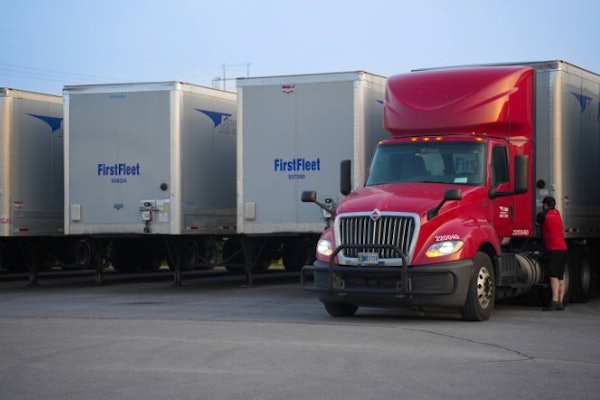President Bush on Thursday, Aug. 9, said Congress should prioritize highway spending instead of raising the fuel taxes.
In the wake of the collapse of the Interstate 35 West bridge in downtown Minneapolis, Bush was asked at a White House press conference whether he supported a temporary fuel-tax increase for bridge repairs. Bush responded by saying highway funding is not properly prioritized.
“The Public Works Committee is the largest committee — one of the largest committees in the House of Representatives,” the president said. “From my perspective, the way it seems to have worked is that each member on that committee gets to set his or her own priority first, and then whatever is left over is spent through a funding formula.”
U.S. Rep. Jim Oberstar, D-Minn., chair of the House Transportation and Infrastructure Committee, plans to introduce a bill that would raise $25 billion over three years to repair or replace old bridges. On Wednesday, Aug. 8, Oberstar discussed the possibility of a 3-cent to 5-cent increase in the federal fuel tax and a per-barrel crude oil tax to provide that money.
The ultimate source and amount of the bridge funding hasn’t been determined, but a fuel tax increase “is very likely some component,” said Jim Berard, communications director for the transportation committee. September, when Congress returns, is the earliest Oberstar could introduce the legislation.
The Bush administration also spoke of avoiding a fuel tax increase in a policy statement from the Office of Management and Budget released July 23, more than a week before the bridge collapse. The 2008 funding bill for transportation, housing and urban development contains “an irresponsible and excessive level of spending and includes other objectionable provisions,” the OMB said.
Increasing funding for the federal highway aid program through a revised accounting mechanism, as the bill proposes, would be irresponsible since the highway account already is spending beyond its means and will be insolvent by 2009, the OMB said. “Further steps will ultimately be needed,” the OMB said, but added that in the meantime, not revising the mechanism “is an important first step to avoid the threat of a gas tax or a raid on the general fund.”
That spending bill, HB 3074, passed in the House 268-153 on July 24 and was placed on the Senate calendar the next day.








